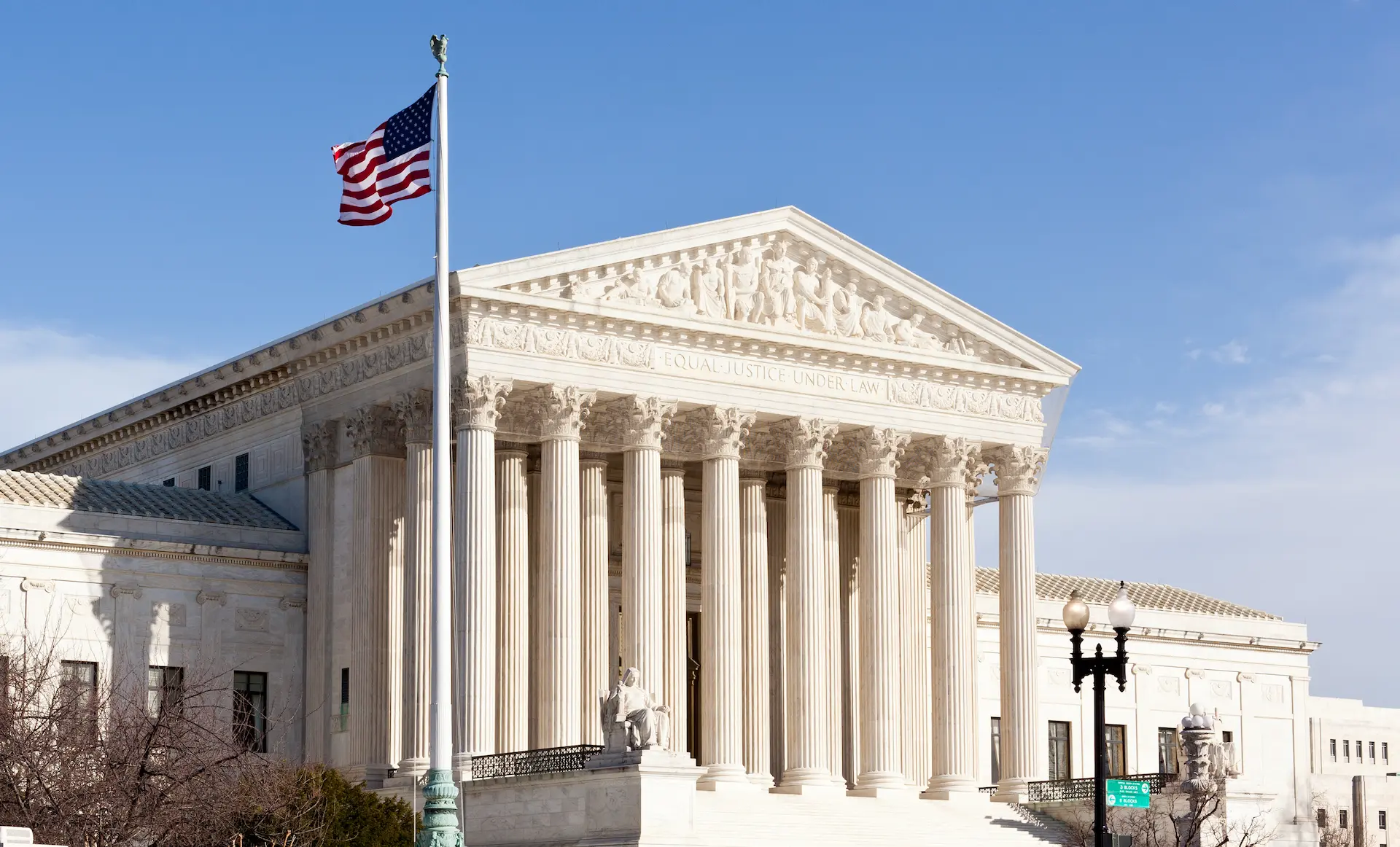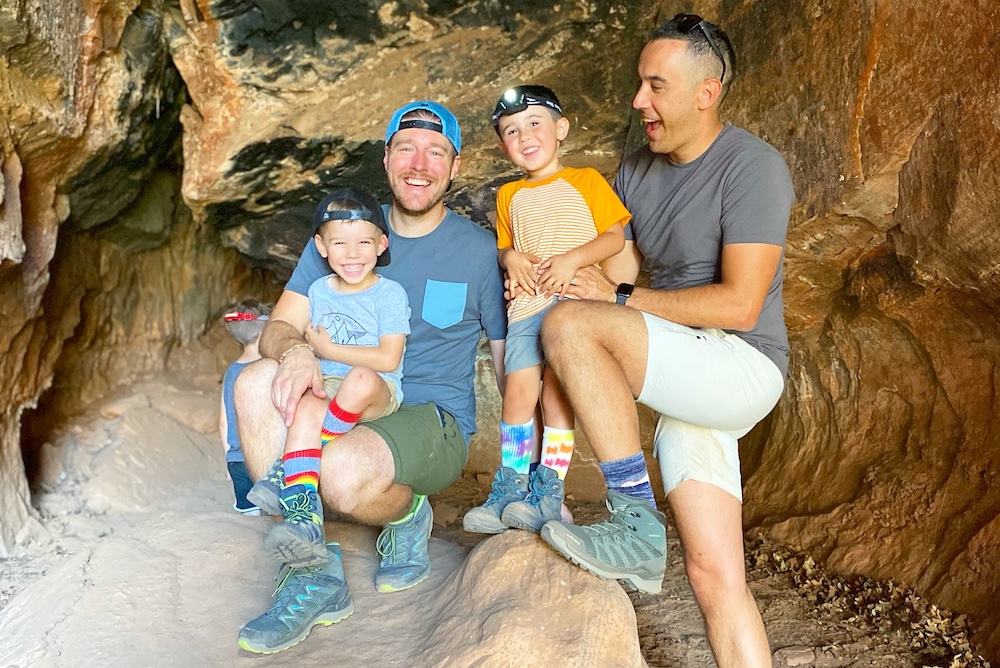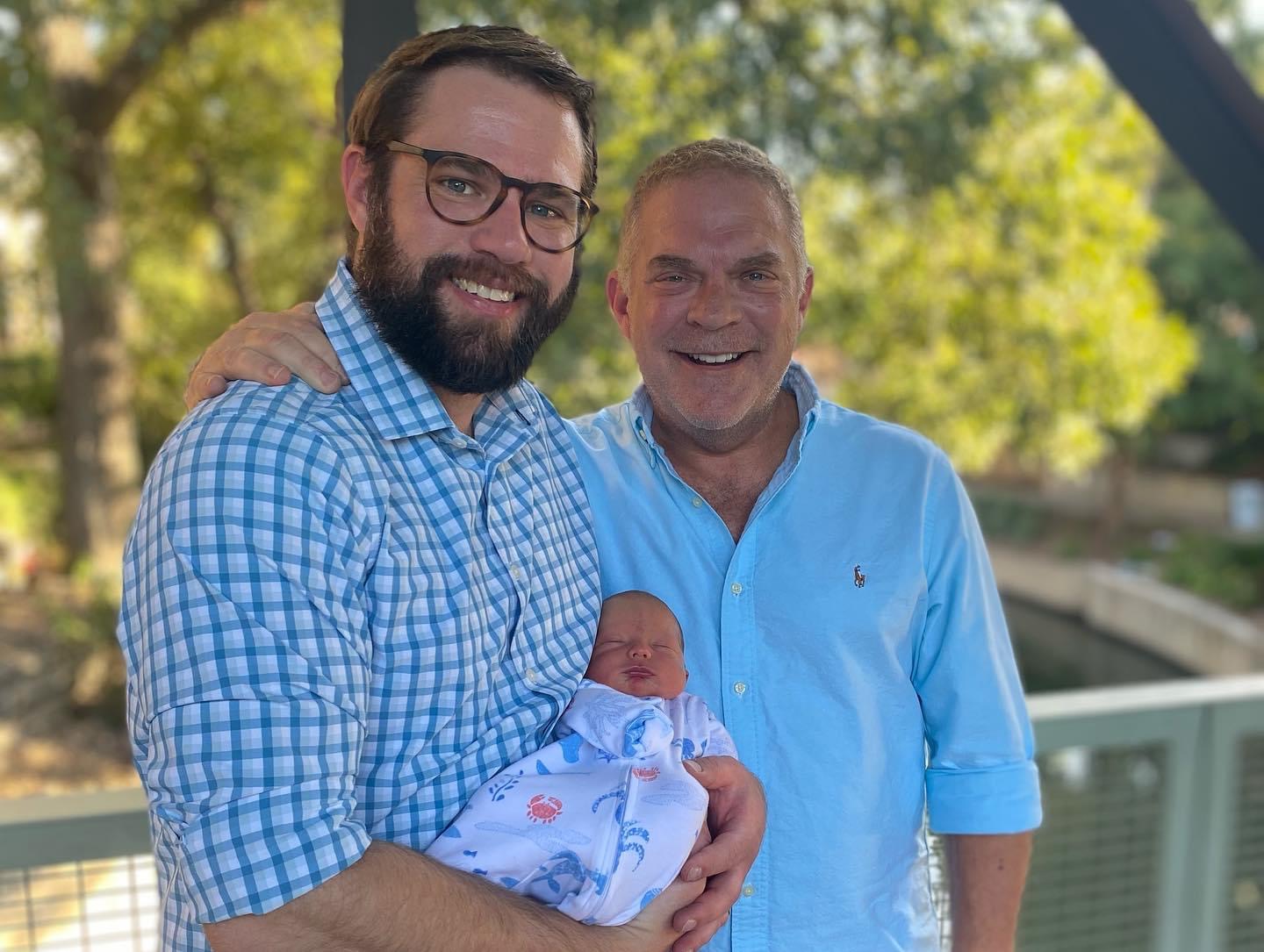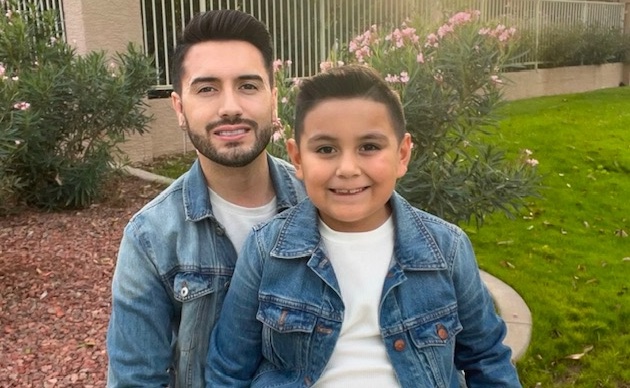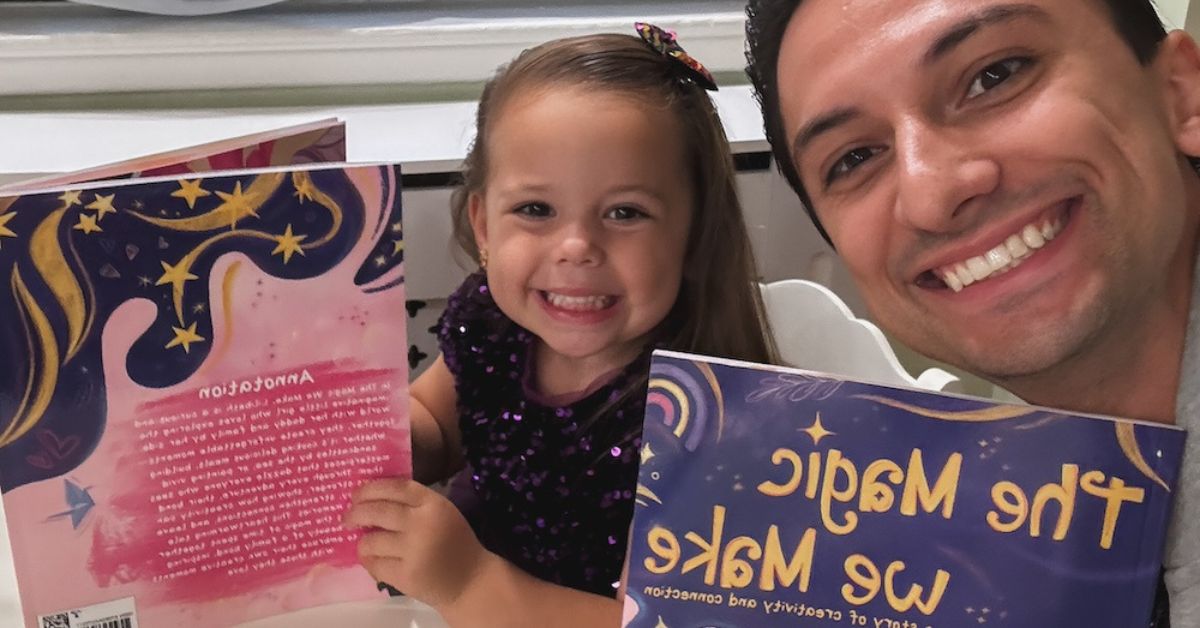It’s difficult to put into words the relief many LGBTQ people around the country are feeling today, thanks to the victory of the Biden-Harris presidential ticket this past Saturday. But unfortunately, we will not emerge from these dark days unscathed. The impact of four very long years under a Trump administration — particularly his success in packing the courts with ultra-conservative judges — will impact our community for years to come.
Last week, for instance, the Supreme Court — with its newly minted Trump-appointed member — heard a case that may end up allowing discrimination against LGBTQ people on the basis of sexual orientation and gender identity on the basis of so-called “religious freedom”.
The case, Fulton v. City of Philadelphia, concerns whether the City of Brotherly Love is allowed to enforce a policy prohibiting anti-LGTBQ discrimination in a contract with Catholic Social Services (CSS), a private, religious foster care agency. In 2018, the city stopped paying the agency to place children in private homes after learning the CSS refused to work with prospective LGBTQ foster parents — a breach of Philadelphia’s anti-discrimination policy.
Lawyers for CSS argued before the Supreme Court last week that Philadelphia’s decision not to renew it’s contract with the agency is a violation of the First Amendment right to exercise religion freely — and the 6-3 conservative majority on the court, including all three justices appointed during the Trump years, appeared sympathetic to the argument.
Justice Brett Kavanaugh called Philadelphia’s position “absolutist” and “extreme,” while Justice Barrett offered a bizarre false equivalency, suggesting the city’s decision to enforce its anti-discrimination policy was akin to the government “taking over” a hospital and forcing doctors to perform abortions. These, unfortunately, are the legal minds that will be hearing cases concerning LGBTQ rights for the foreseeable future.
If the case, which should be decided by June 2021, doesn’t go our way, as most legal observers predict, many people, including our allies, wonder why it might matter so much — after all, there are plenty of other agencies in Philadelphia that would work with LGBTQ foster parents. This was a similar argument raised by several of the conservative justices, who pointed out that no same-sex couple had sought to work with CSS in the past, and that if they had approached the agency, they would simply refer them to another that is willing to work with LGBTQ people.
However, as pointed out by Obama-appointee Justice Sonia Sotomayor, this nonetheless amounts to a form of second-class citizenry, stigmatizing the LGBTQ community as unsuitable parents — something we know through research and our own lived experiences to be patently false. And if it becomes legal to discriminate against LGBTQ people in this instance, on the grounds of “religious freedom,” where does the line stop? Will private food banks and homeless shelters, supported by tax dollars, also be allowed to turn queer people away, citing religious objections? It’s a slippery slope, and one the 6-3 conservative majority on the Supreme Court seem prepared to push us down.
We eagerly look forward to a new era under a Biden-Harris administration. But there is no sugarcoating the fact that so much damage has already been done. We will be living with the consequences of the 2016 election for decades. Here’s hoping our memories stay sufficiently long enough to ward off complacency under an administration friendly to LGBTQ people — and that we use the these instances of continued discrimination against queer people as a motivator at the ballot box for years to come.

